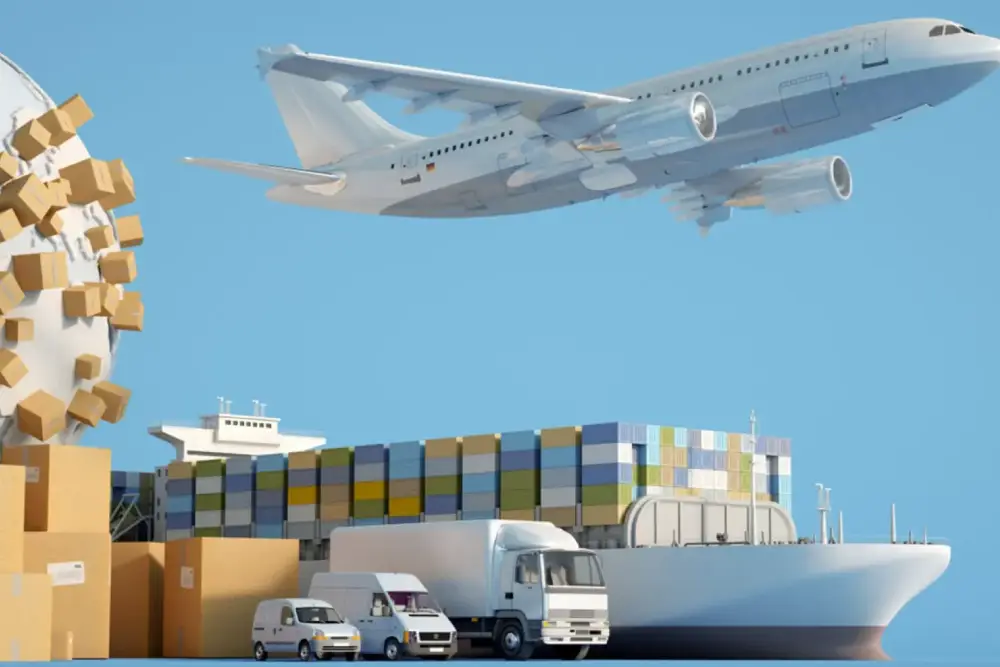The logistics industry is a vital component of the global economy, involved in the movement of goods and materials from one place to another. It includes a range of activities such as transportation, warehousing, inventory management, and supply chain management.
One of the key challenges facing the logistics industry is the need to balance cost and efficiency with speed and reliability. This involves optimizing supply chain operations to ensure that goods are delivered on time, while also keeping costs low and minimizing waste.
Another important issue in the logistics industry is the impact of globalization on supply chain management. With businesses operating across borders, logistics providers must navigate complex regulations and cultural differences in order to ensure that goods are delivered on time and in compliance with local laws and regulations.
The growth of e-commerce has also had a significant impact on the logistics industry, with companies facing increasing pressure to deliver products quickly and efficiently to customers. This requires logistics providers to invest in technologies such as automation and data analytics to streamline their operations and improve delivery times.
Sustainability is also becoming a more pressing concern in the logistics industry, with companies seeking to reduce their carbon footprint and minimize the environmental impact of their operations. This involves investing in alternative fuel sources, optimizing transportation routes, and reducing waste and emissions throughout the supply chain.
Overall, the logistics industry is focused on delivering goods and materials quickly, efficiently, and sustainably, while also navigating the challenges posed by globalization, e-commerce, and changing customer expectations. Successful logistics providers prioritize speed, reliability, and sustainability, and use technology and data analytics to optimize their operations and stay competitive in an ever-changing landscape.






